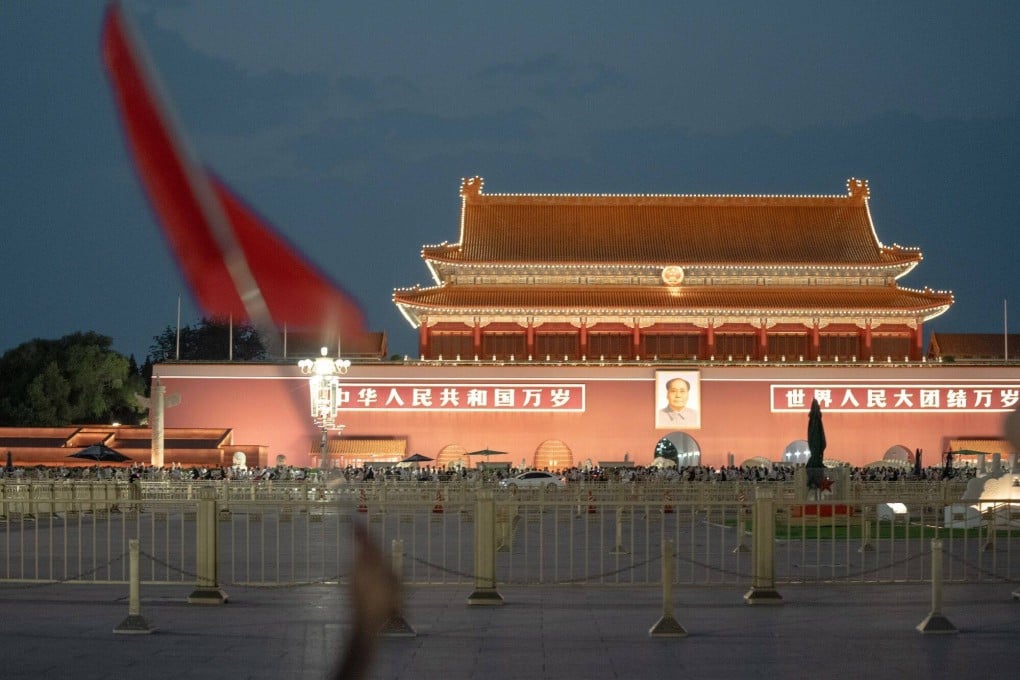China set for third plenum that could prove a ‘defining moment’ of Xi Jinping era
- The Communist Party gathering is expected to outline the general course of economic policy at a time the country is facing major challenges

The event could be the most important “defining moment” of President Xi Jinping’s rule since a similar gathering in 2013 that set out his vision for reforming the country, according to one political researcher from Tsinghua University, who requested anonymity.
He said the watershed third plenum would be used by the party elite to review achievements under Xi’s leadership and lay down plans to hit goals set for 2035, “which will lay the groundwork for the president’s grand legacy of the great rejuvenation of the Chinese nation by 2049”.
The event, formally known as the third plenum of the 20th Central Committee, is also likely to offer more details about the road map for reaching a series of interim industrial and technological goals by 2035, and the target of becoming a technology superpower with a world-class military by 2049.
The event is expected to close on Thursday with a brief communique summarising the key decisions. According to precedent, this should then be followed within days by a full party document outlining the decisions made.